Why Do You Believe In God?
If someone asks me, “Why do you believe in God?” I don’t necessarily say “I just have faith.”
Many might say that. But for someone who asks that question, I need to know how to defend my faith. So my response is this:
I think it’s very reasonable to believe in God. Let me tell you why:
- The universe exists, and it must have a cause, everything that begins to exist has a cause. The universe began to exist. Evolution can’t create, neither can science. The universe needs a first cause that is timeless, outside the system and infinitely powerful. God is the logical first cause (cosmological argument).
- The universe is finely tuned, there is order in the universe at work that allows for planets, stars, and galaxies. There are laws in the universe, constants like gravity, relativity, and so on. It’s reasonable that when we find mathematical laws and cosmological laws in the universe, that there is a powerful being that created those systems (argument from design).
- Within the human cell, we find massive amounts of information. When we look at the human eye, we see a system so incredibly complicated that it could never come about by chance. When scientists look into the human body, they see a complex yet harmonious system of machinery. We see cells and tissue, and DNA and systems that all function as one, and are irreducibly complex. (specified complexity, irreducibly complexity).
- The human mind intuitively knows that there is good and evil, right and wrong, good and bad. Objective moral laws exist, they are universal. If objective morals exist, then an objective moral lawgiver must exist; therefore God exists (moral argument).
Original Blog Source: http://bit.ly/2KrDMHk

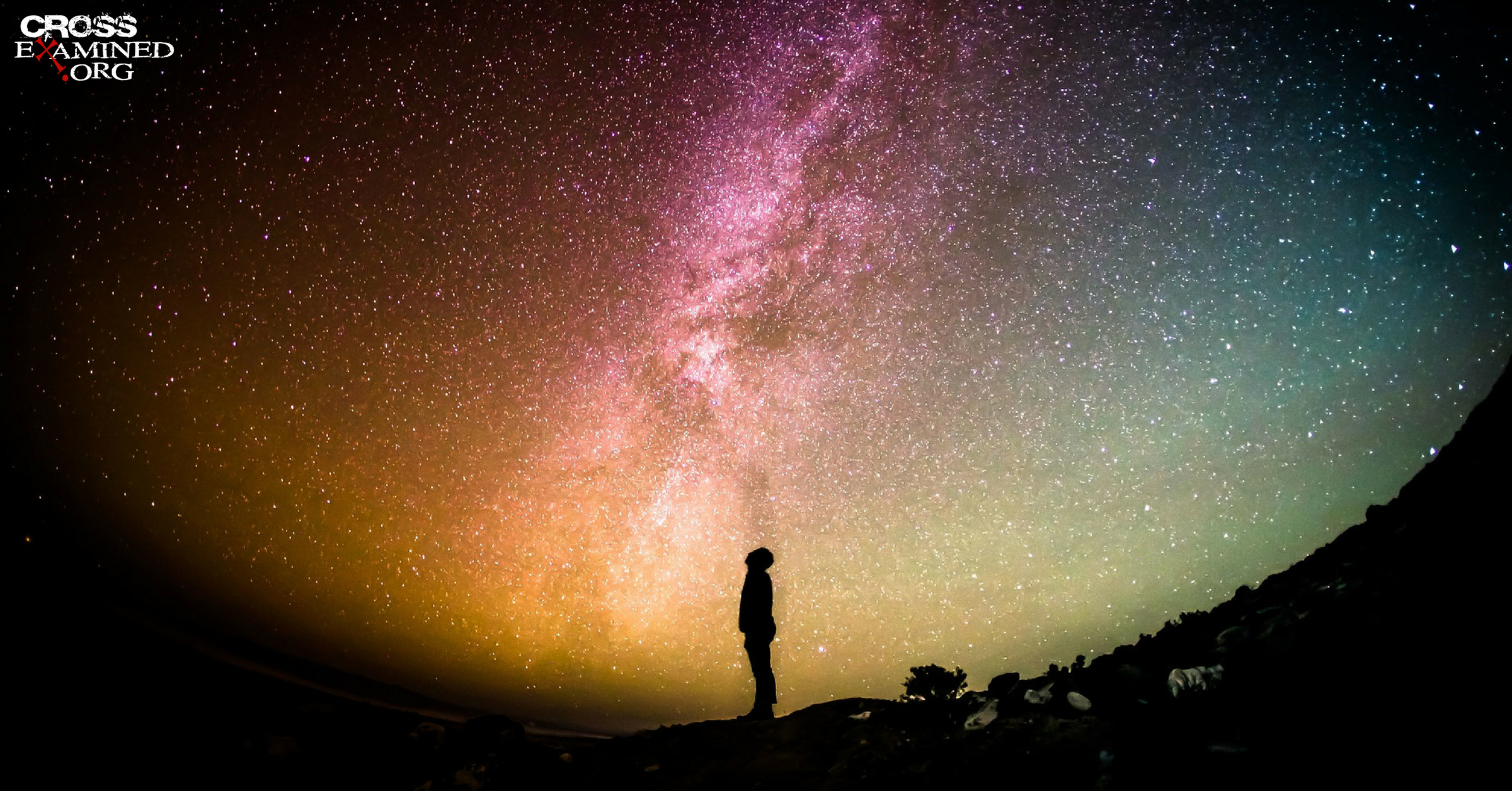



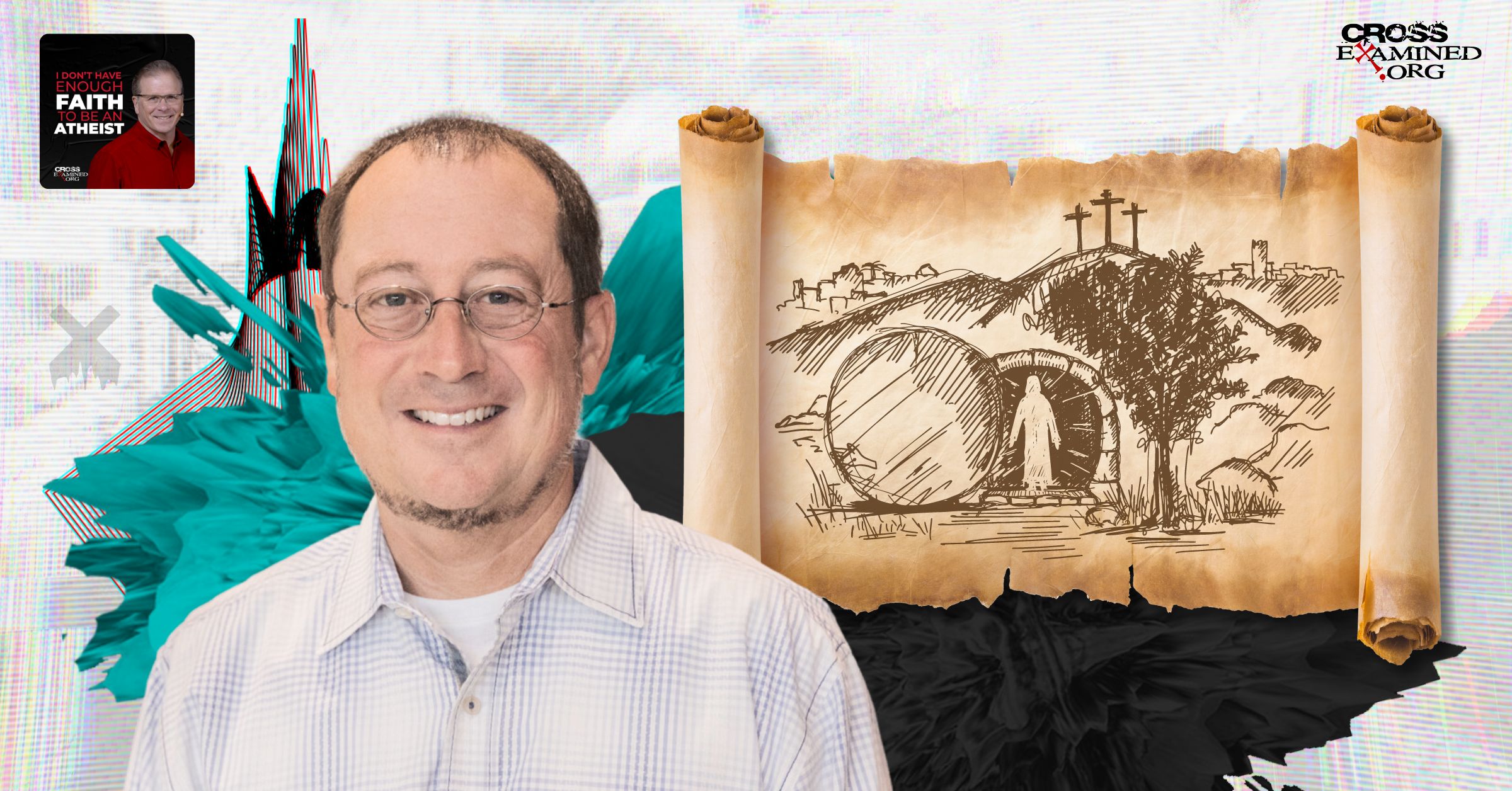
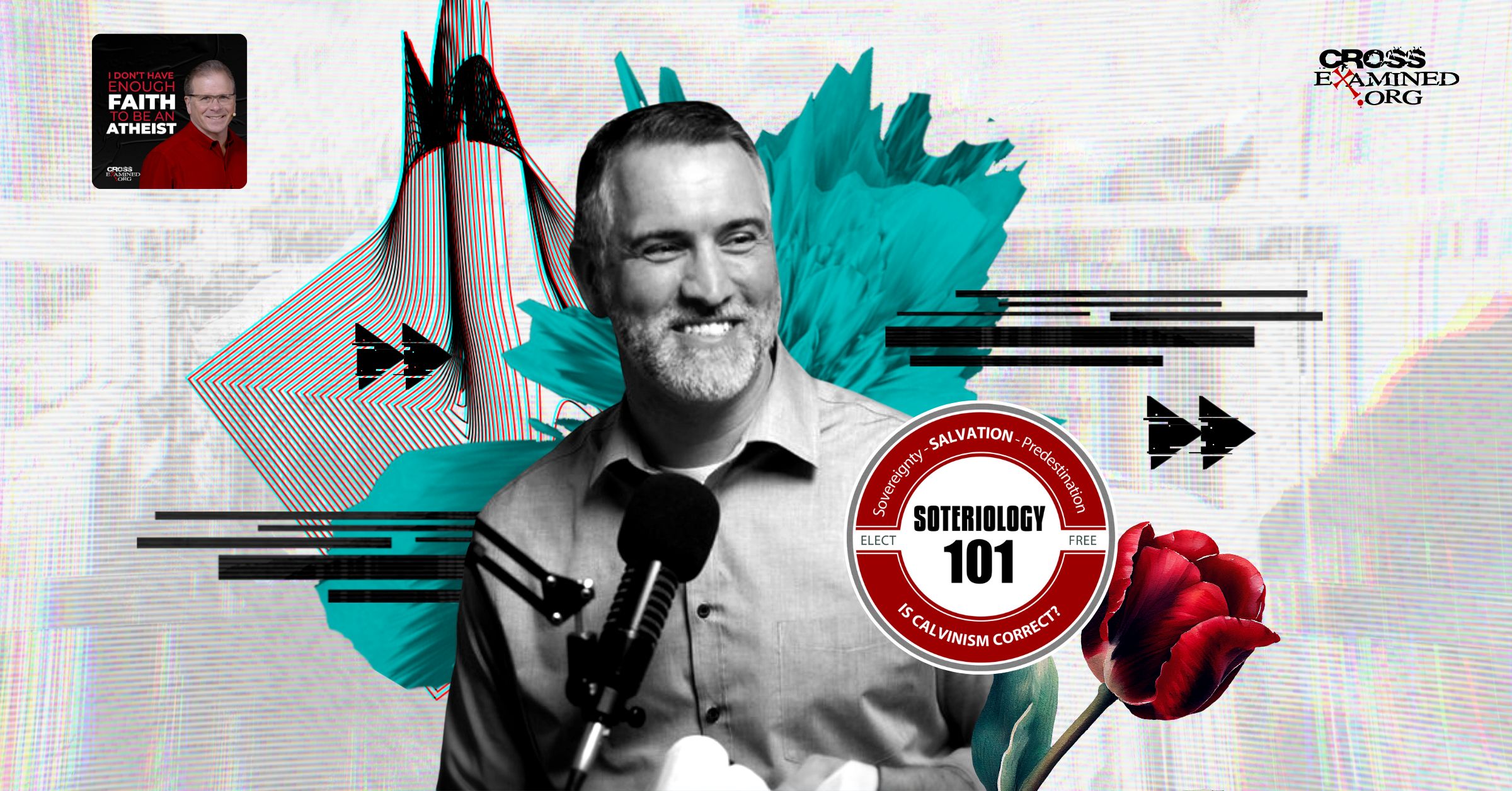
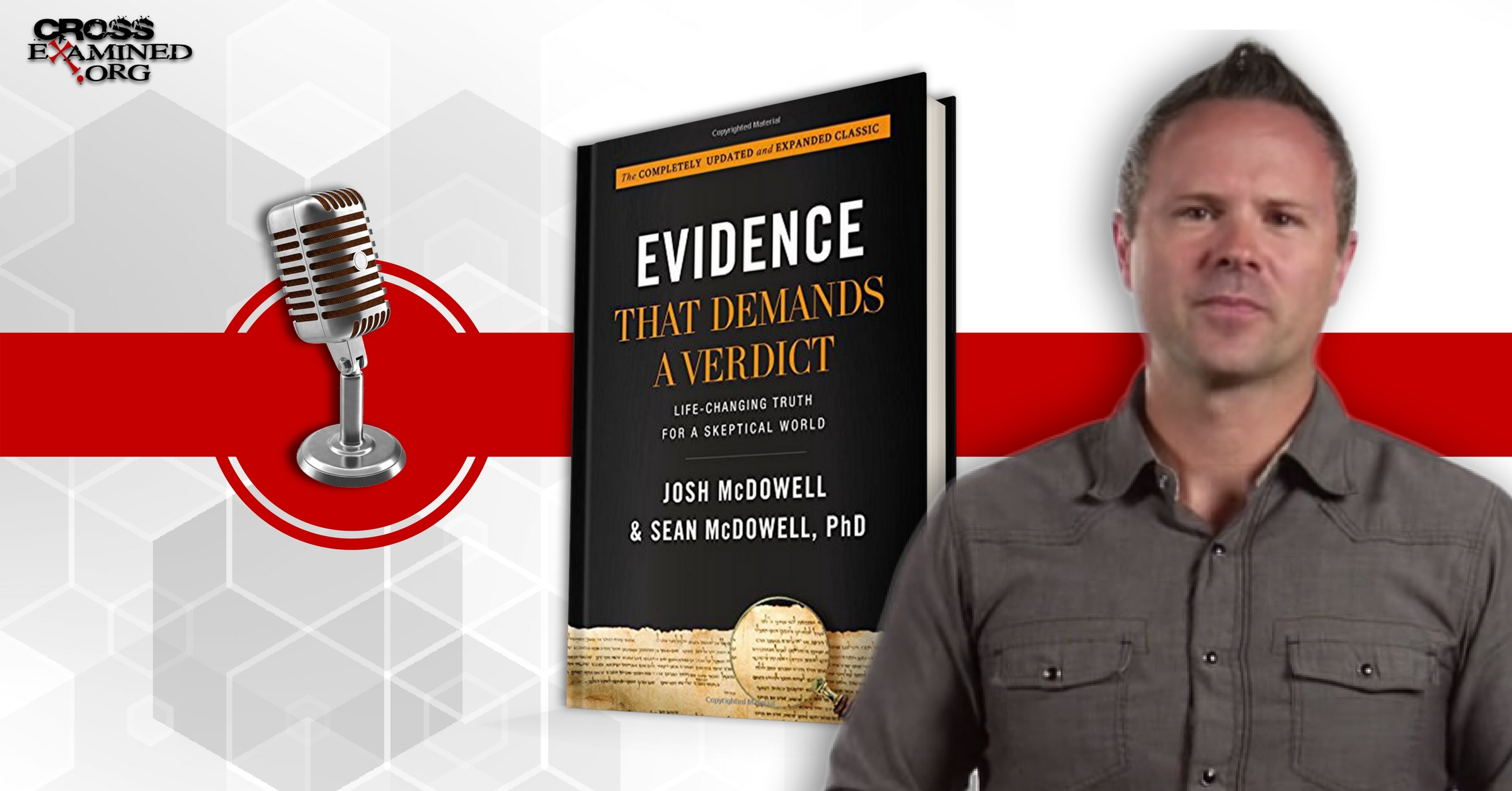


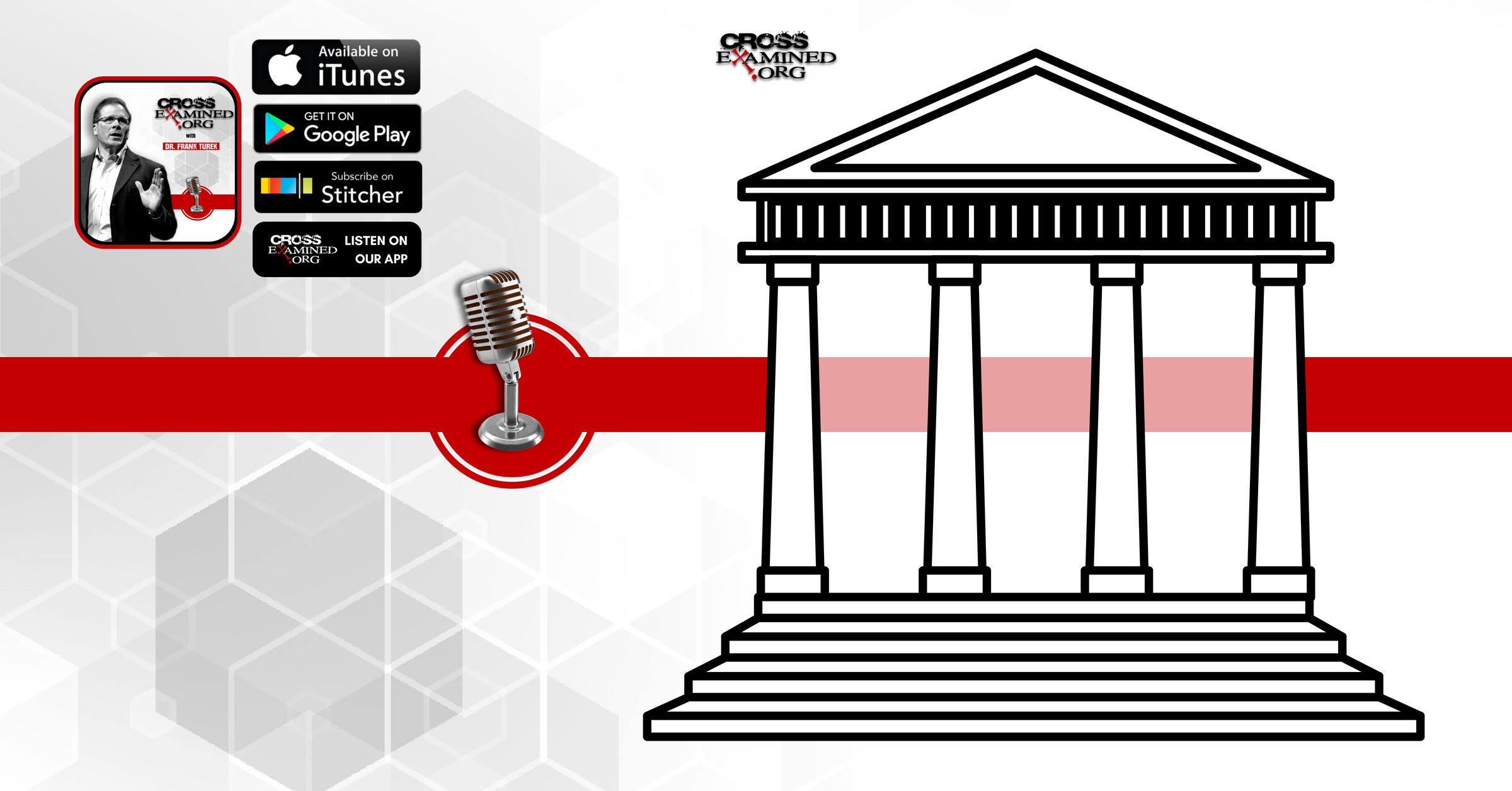

Leave a Reply
Want to join the discussion?Feel free to contribute!